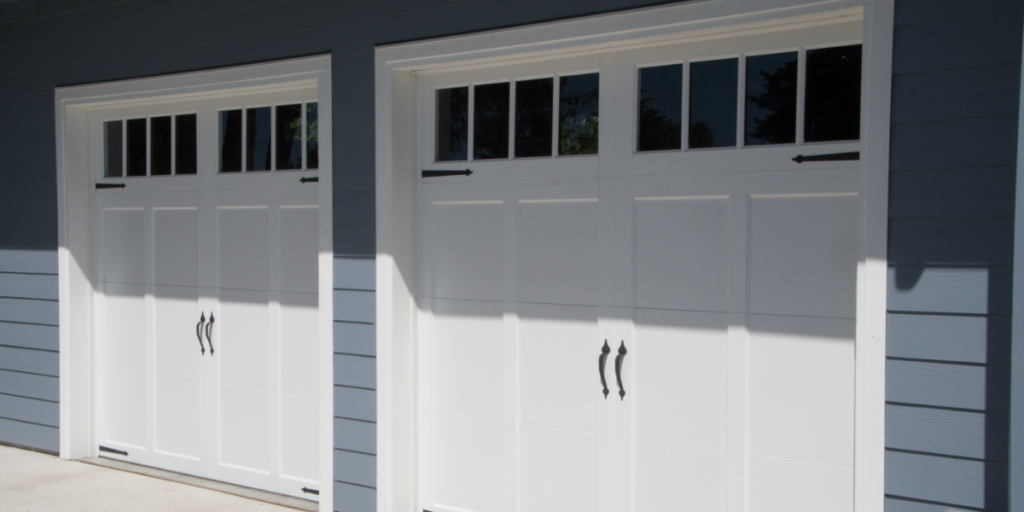Garage doors are an essential part of our daily lives, providing convenient access to our homes and protecting our belongings. However, like any mechanical device, garage doors can experience issues over time that may lead to strange noises. These noises can range from harmless creaks and groans to more concerning grinding and rattling sounds.
In this article, we will explore the common causes of noisy garage doors and what you can do to address them.
Signs of a Noisy Garage Door
The first step in addressing a noisy garage door is to identify the type of noise it is making. Here are some common signs that your garage door may be making excessive noise:
- Creaking or squeaking: A high-pitched sound that can indicate a lack of lubrication in the door’s moving parts.
- Grinding or scraping: A harsh, metal-on-metal sound that may suggest worn-out rollers or tracks.
- Rattling or shaking: A vibration-like noise that can point to loose bolts, hinges, or other hardware.
It is important to note that not all noises coming from your garage door are cause for concern. Some normal operational noises include a low hum of the motor, clicking sounds from the opener, and minor vibrations as the door moves along its tracks.
Common Causes of Noisy Garage Doors
Now that we have identified the signs of a noisy garage door, let’s delve into some common causes:
Lack of lubrication
The most common cause of a noisy garage door is a lack of lubrication in the moving parts. Over time, the rollers, hinges, and springs can become dry and rusty, causing them to creak and squeak as they move.
Solution: Regularly apply a silicone-based lubricant to all moving parts of your garage door. This will help reduce friction and keep your door operating smoothly.
Worn-out rollers
Rollers are an essential component of your garage door’s operation, as they help the door move smoothly along its tracks. Over time, these rollers can become worn out and may produce a grinding or scraping sound.
Solution: Replace any damaged or worn-out rollers with new ones. It is recommended to use nylon rollers as they are quieter and require less maintenance than metal ones.
Loose hardware
As your garage door operates, the constant movement and vibrations can cause bolts, hinges, and other hardware to become loose. This can lead to rattling or shaking noises when the door is in use.
Solution: Regularly check and tighten any loose hardware on your garage door. It is also recommended to replace any worn-out or damaged parts to prevent further noise issues.
Other Factors that Contribute to Noisy Garage Doors
Aside from the common causes mentioned above, there are also other factors that may contribute to a noisy garage door:
- Age of the door: Older doors tend to make more noise as they have been exposed to years of wear and tear.
- Poor maintenance: Neglecting regular maintenance can lead to various issues that can cause your garage door to make excessive noise.
- Improper installation: If your garage door is not installed properly, it may result in misaligned or poorly fitting parts, leading to noise issues.
Noisy garage doors can be frustrating and even embarrassing, especially if you have close neighbors. However, with proper maintenance and immediate attention to any unusual noises, you can keep your garage door operating smoothly and quietly. So next time you hear strange noises, contact Crews Garage Door for all your garage door needs. We not only sell high-quality garage doors, but we also provide expert installation and repair services. Give us a call now and say goodbye to those annoying garage door noises! Your satisfaction is our top priority.


